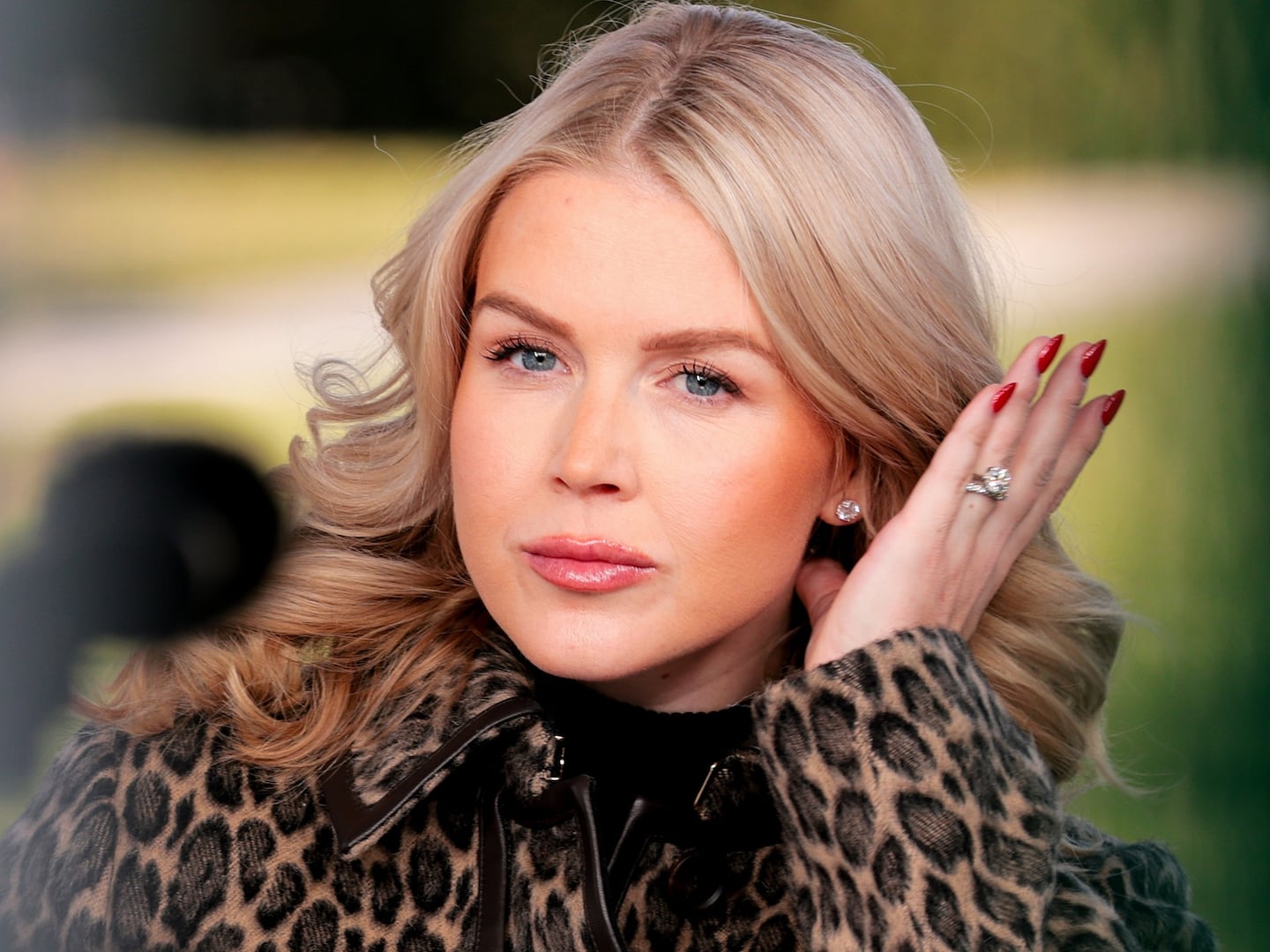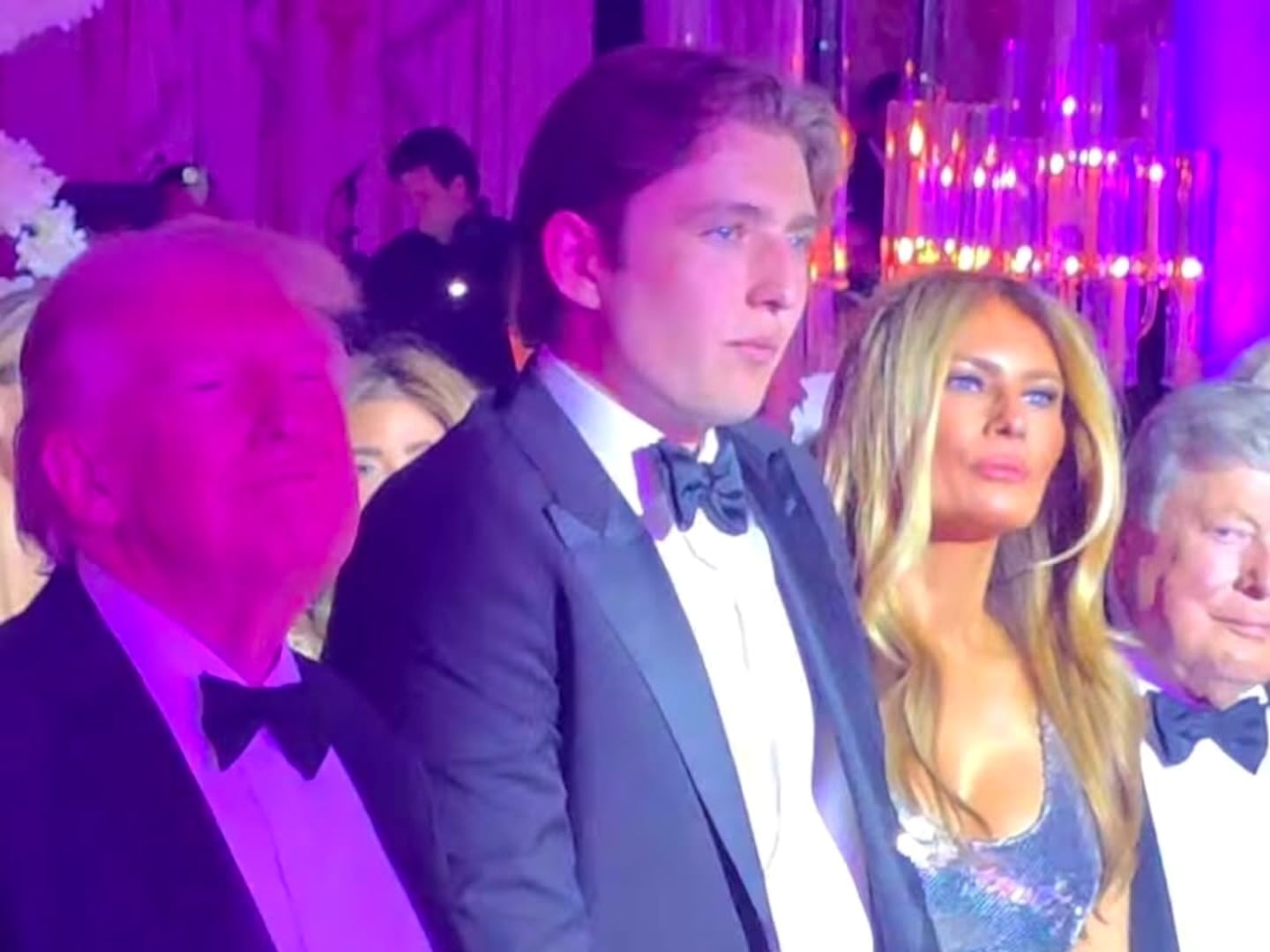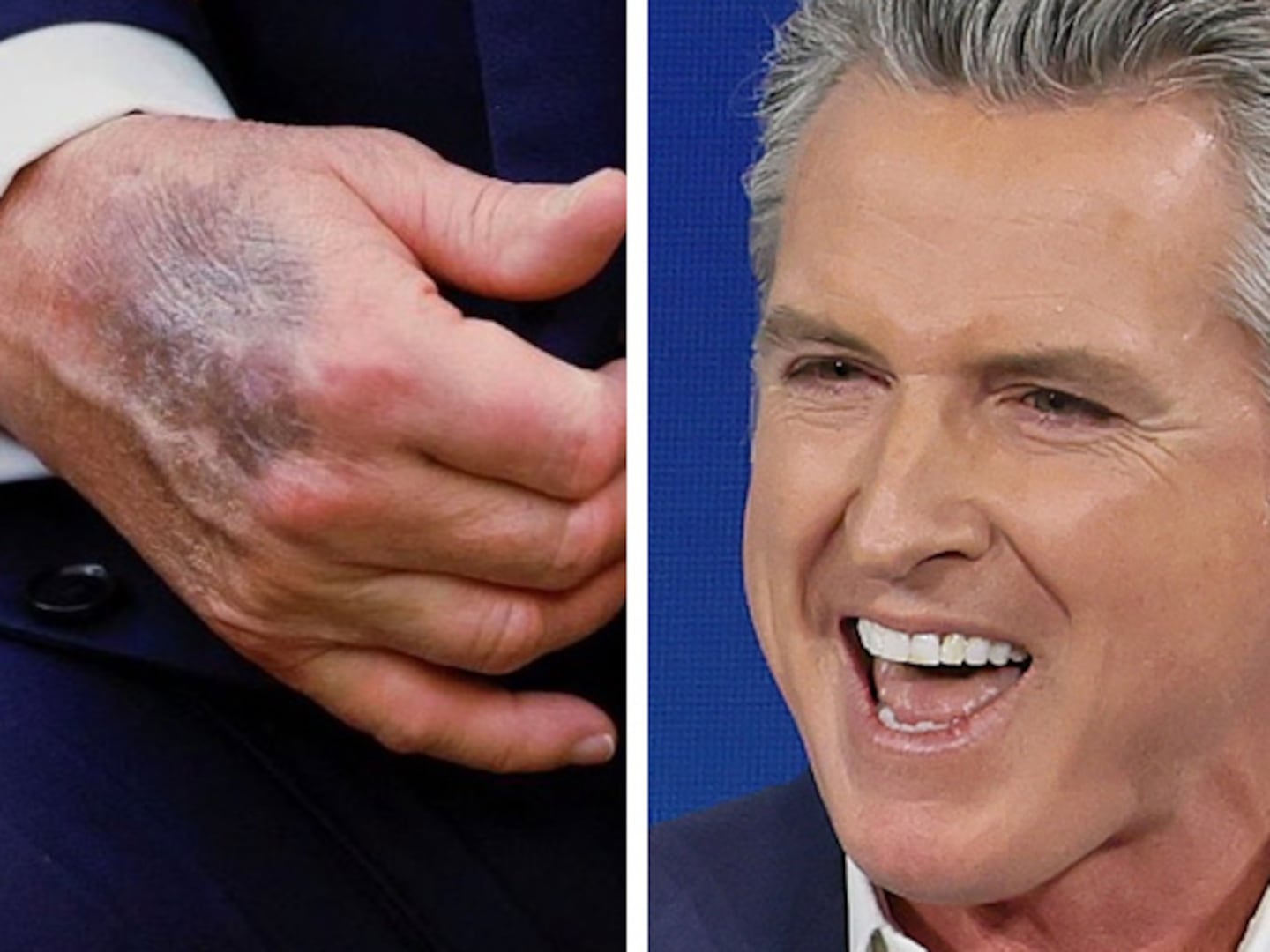As the Weinstein outing became the Weinstein aftermath and #MeToo turned to Time’s Up, journalists, audiences, and industry insiders have struggled to keep up with and predict an unprecedented movement.
We’ve read and written about backlashes, would-be backlashes, and certain peoples’ propensity for prematurely declaring backlash. We’ve applauded all the progress while wondering if lasting, systemic change was even possible. Recently, metrics of forward motion have revealed, if not outright stasis, then a pattern of one step forward, one step back. At the Golden Globes, actors and activists alike gave red carpet interviews—but many of those interviews were conducted by Ryan Seacrest. At the Oscars, A-listers spoke to the power of inclusion and lifting up marginalized voices during a ceremony that rewarded and re-legitimized accused abusers Gary Oldman and Kobe Bryant.
Pessimists might be starting to predict a return to Hollywood’s pre-Weinstein tendency to welcome certain alleged abusers back into the fold. This phenomenon is most apparent in the music industry, which has, as many artists and commentators have pointed out, largely sidestepped the #MeToo movement. In late January, USA Today surveyed “experts” in an attempt to find out why the music industry, Russell Simmons aside, emerged relatively unscathed. Their list of potential factors included, “The music industry’s history of sordid behavior characterized by the slogan ‘sex, drugs and rock ‘n’ roll’; the sexualization of females entering the industry; the competitive nature of pop music; and a lack of females in leadership/mentoring positions.”
Pop star Lily Allen offered her own take on the noticeable absence of #MeToo testimonials in the industry, tweeting, “The reason people in music aren’t coming forward in droves is because we’re all in decade long deals, unlike film and TV where for the most part, contracts last as long as any one project. Say you’re on album 1 of a 5 album deal. Music industry is a boys club, especially at executive level, if you report something and it goes nowhere, as is the case mostly, there is a strong likelihood that your abuser will be connected to someone [with] direct control over yr future.”
This isn’t to say that there aren’t people speaking out, and it definitely isn’t to say there aren’t people being abused and harassed. These silence breakers, from Crystal Castles’ Alice Glass to Charlie Walk’s accuser Tristan Coopersmith, have cited huge, thorny barriers to safety and equity within the industry, such as the complicity of colleagues and witnesses and the lack of systems in place to empower and aid survivors.
While misogyny, sexual harassment, and abuse are massive unspoken issues in the music industry, certain victims have less power and recourse than others. Which stories we find compelling, and which ultimately bring down the implicated abusers all too often depends on who is doing the accusing. Sometimes, it’s not enough to have a line-up of survivors—they also have to adhere to the “perfect victim” archetype if they want their testimonies to have any sort of lasting effect. It’s important to emphasize that, for all of the silence, some abusers have been named within the music industry only to continue along an upward career trajectory.
It’s also important to emphasize that many of these accused men allegedly victimized black women. The trend of celebrities abusing black women and more or less getting away with it isn’t an invisible one—it’s been pointed out, analyzed, and then routinely minimized to a footnote on the legacies of chart-topping, mainstream artists. In the summer of 2017, The Cut writer Brittany Packnett explored how R. Kelly had managed to continue succeeding in the music industry despite the numerous, years-old, “well-documented” accusations against him. “A predator must carefully select his prey, and young black women are perpetually among the most in need, the most abused, and the least likely to tell,” Packnett wrote. “Every time we choose to ‘Step in the Name of Love,’ and every time we buy a record or a concert ticket, we prove Kelly’s calculations right. We become complicit in perpetuating not just rape culture, but a culture that demeans and devalues black women. Consumer money paid for Kelly’s dozens of court settlements. It is long past time to withdraw our support.”
Still, it sometimes feels like no crime is too egregious and no accuser powerful enough to keep a beloved artist down. Last week, Chris Brown debuted a music video for “Freaky Friday,” his collaboration with rapper Lil Dicky. The video dropped on the heels of yet another Chris Brown controversy—the quickly infamous “would you rather slap Rihanna or punch Chris Brown” ad on Snapchat. While Rihanna’s subsequent call-out reportedly cost Snapchat $800 million, the ad is further evidence that her abuse has become a pop culture reference point in all the worst ways, inspiring jokes and offensive content while failing to have any real ramifications for her abuser. Celebrities like Ed Sheeran, Kendall Jenner, and DJ Khaled all chose to appear in Brown’s “Freaky Friday” music video. Turning down yet another problematic opportunity is obviously too much to ask of Kendall Jenner, but it’s especially cruel to see all these celebrities essentially endorsing Brown just as Rihanna is forced, once again, to reckon with her past abuse and publicly insist that intimate partner violence isn’t a joke.
Brown isn’t the only accused abuser who’s stacking his professional accomplishments in 2018. Like Brown, rapper XXXTentacion has been the subject of many a think piece, with hip-hop writers wondering if a man who’s been accused of physically abusing his pregnant ex-girlfriend could or should achieve mainstream success. This week that mystery was solved, with Billboard reporting that XXX is well on the way to his first No. 1 album on the Billboard 200 chart. The rapper’s new album has already elevated him, boasting his first top 20 track.
As The Daily Beast previously reported, XXX was arrested in October 2016 on charges of aggravated battery of a pregnant woman, domestic battery by strangulation, false imprisonment, and witness-tampering. Pitchfork published excerpts from the deposition of XXXTentacion’s accuser, in which she described the rapper physically abusing her on multiple occasions. She also alleged that the rapper threatened to kill her and her unborn child: “He strangled her until she almost passed out. He took her to the bathroom and demanded one last time that she tell him everything or he would kill her in the bathtub. She couldn’t even recognize her face in the mirror—it looked ‘distorted’—and her left eye was completely shut and ‘leaking blood.’ She was losing vision. She vomited.”
As Pitchfork writer Marc Hogan pointed out last year, “As unsettling as the charges against [XXXTentacion] are, they don’t seem to have diminished his allure in rap circles. Depressingly, the accusations—beating his pregnant girlfriend, strangling her, forcibly confining her against her will, and then trying to bribe her not to testify against him—coincide almost exactly with indications of the rapper’s swelling celebrity. In comparison to the sharp spike of interest in X lately, Google Trends data suggests hardly anybody was searching for him before last October, when the battery allegedly occurred.”
Post-#MeToo, it’s hard to admit that, within certain sectors of the entertainment industry, abuse allegations might actually accelerate an artist to the fast track. But while the current movement has hindered certain abusers, it seems to have had little or no effect on men like Chris Brown and XXXTentacion, who are being propped up and legitimized not just by fans but by their A-list peers.






